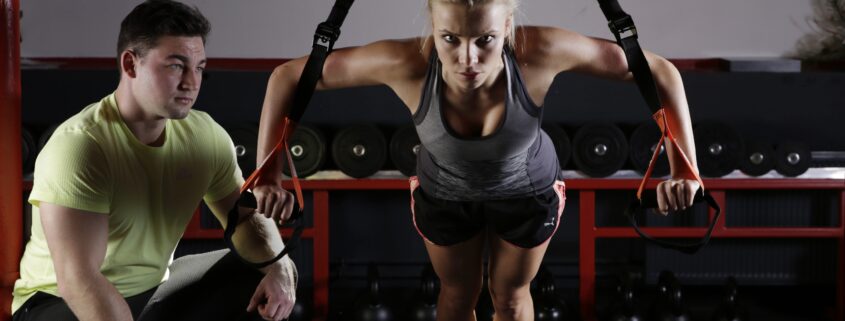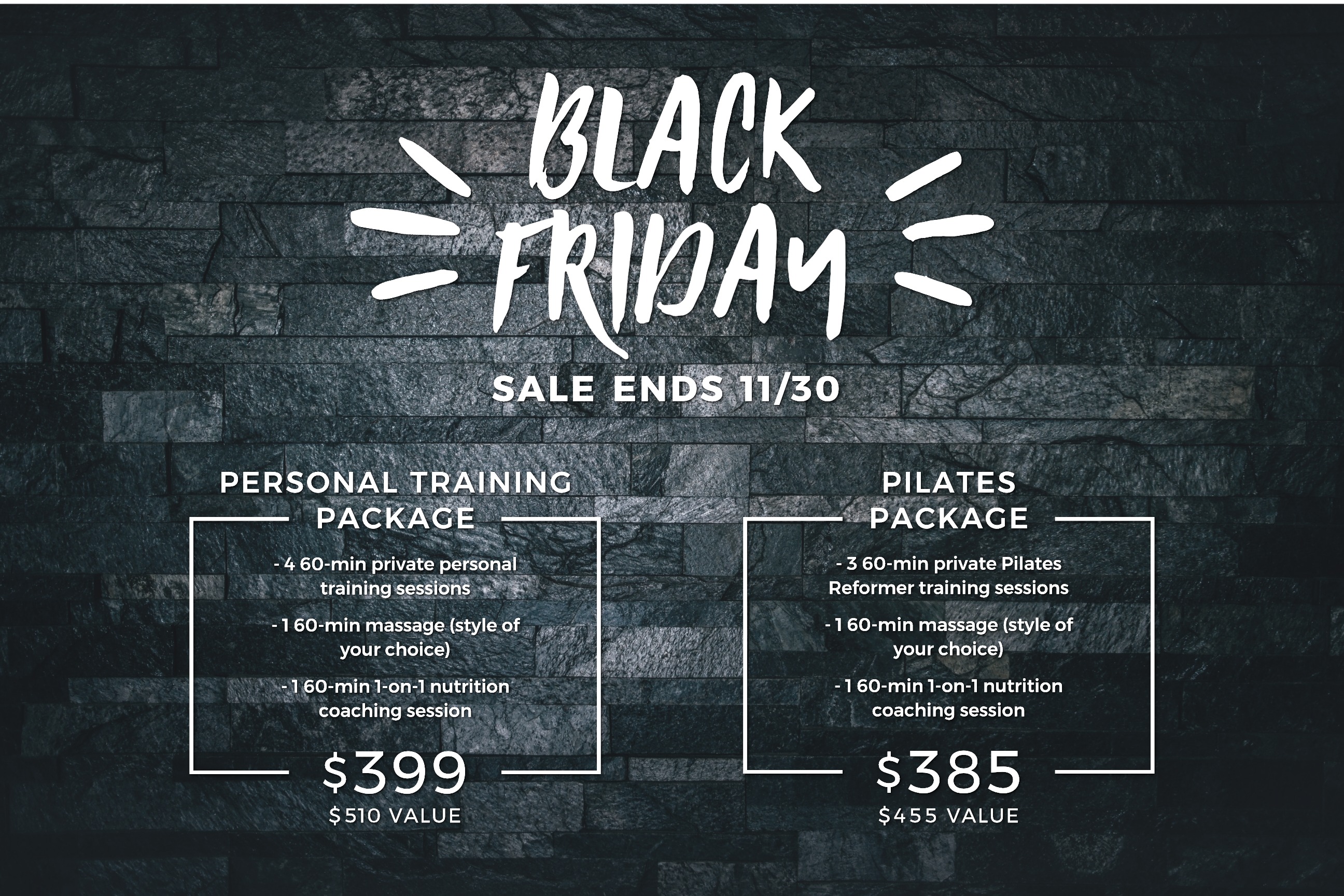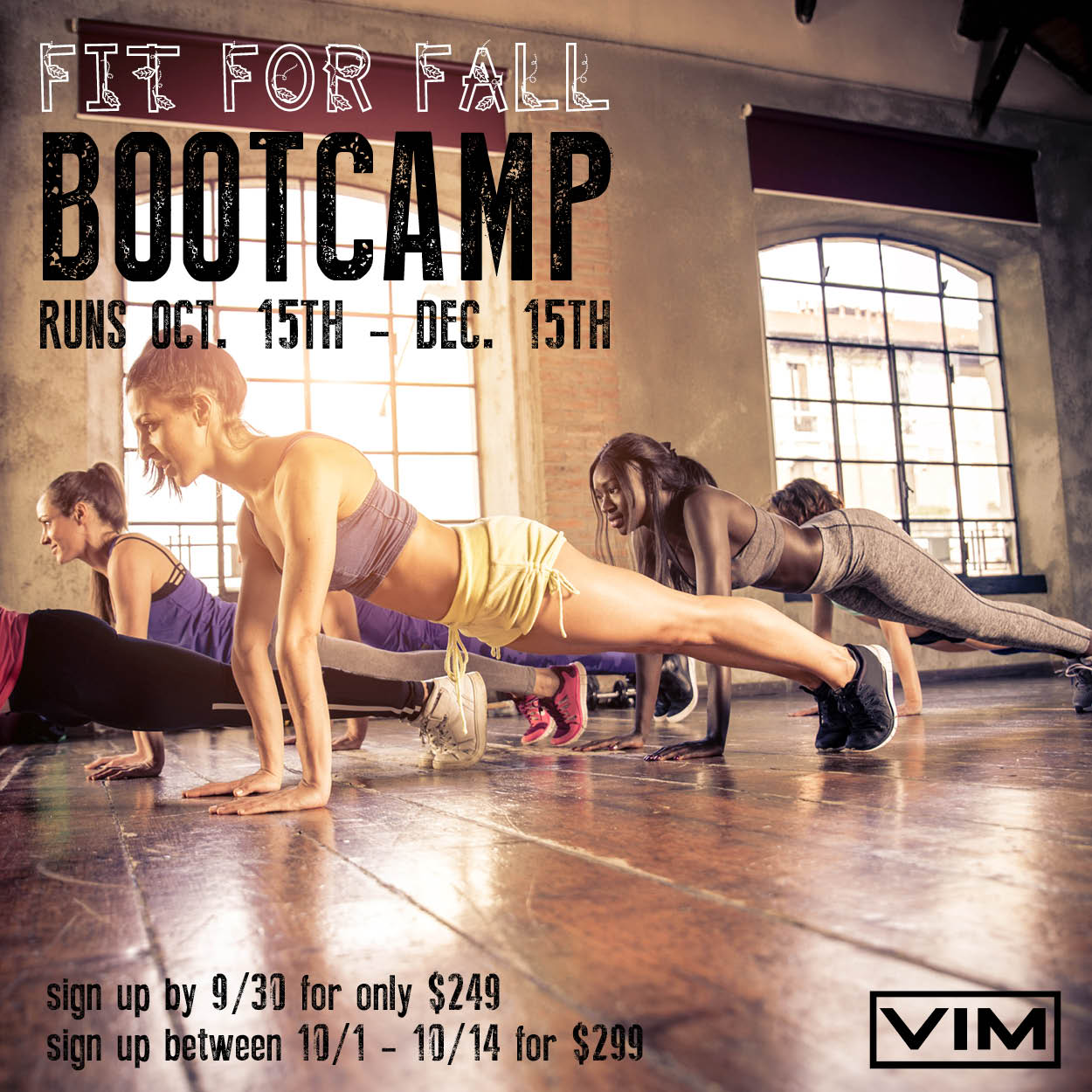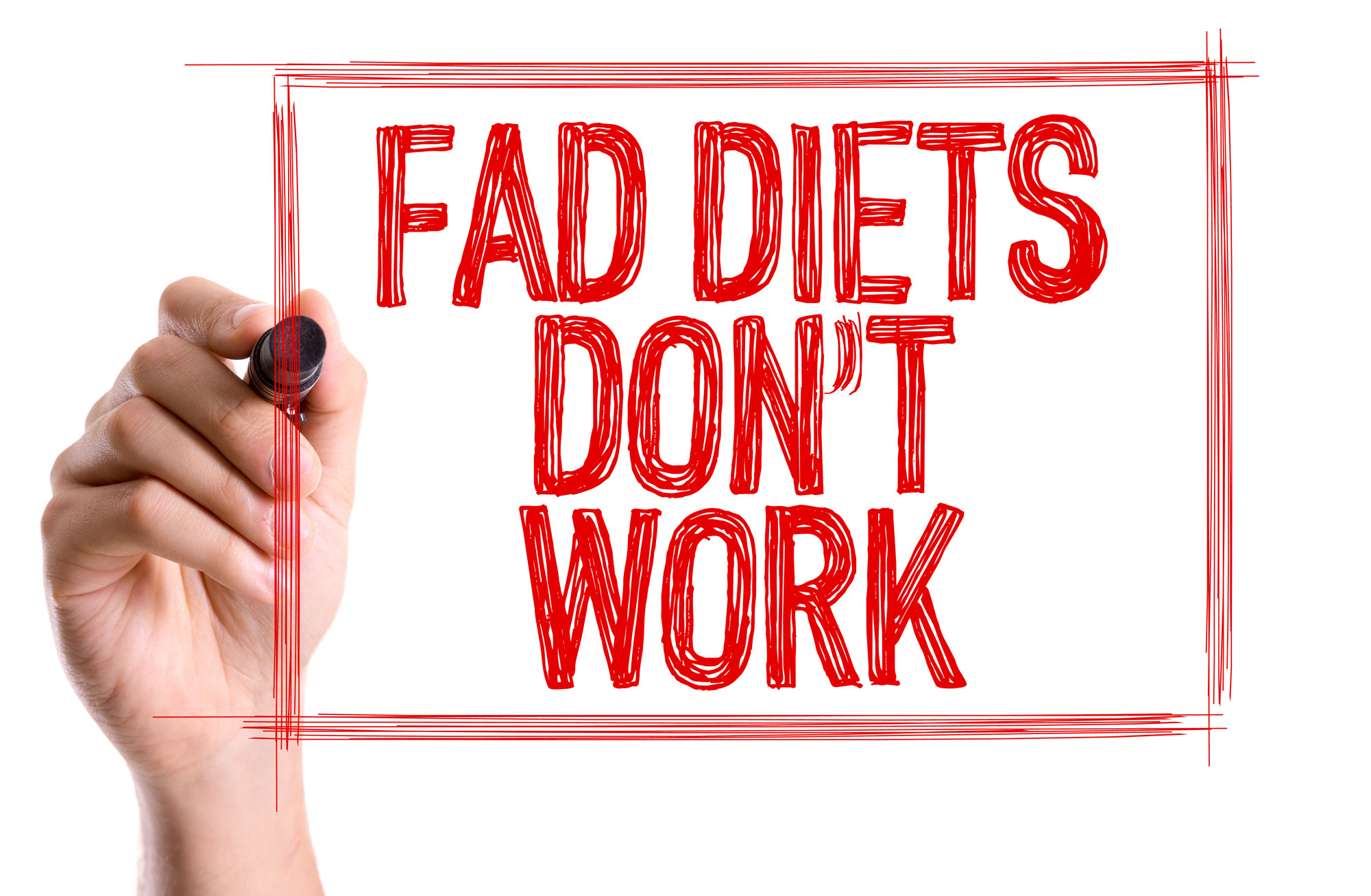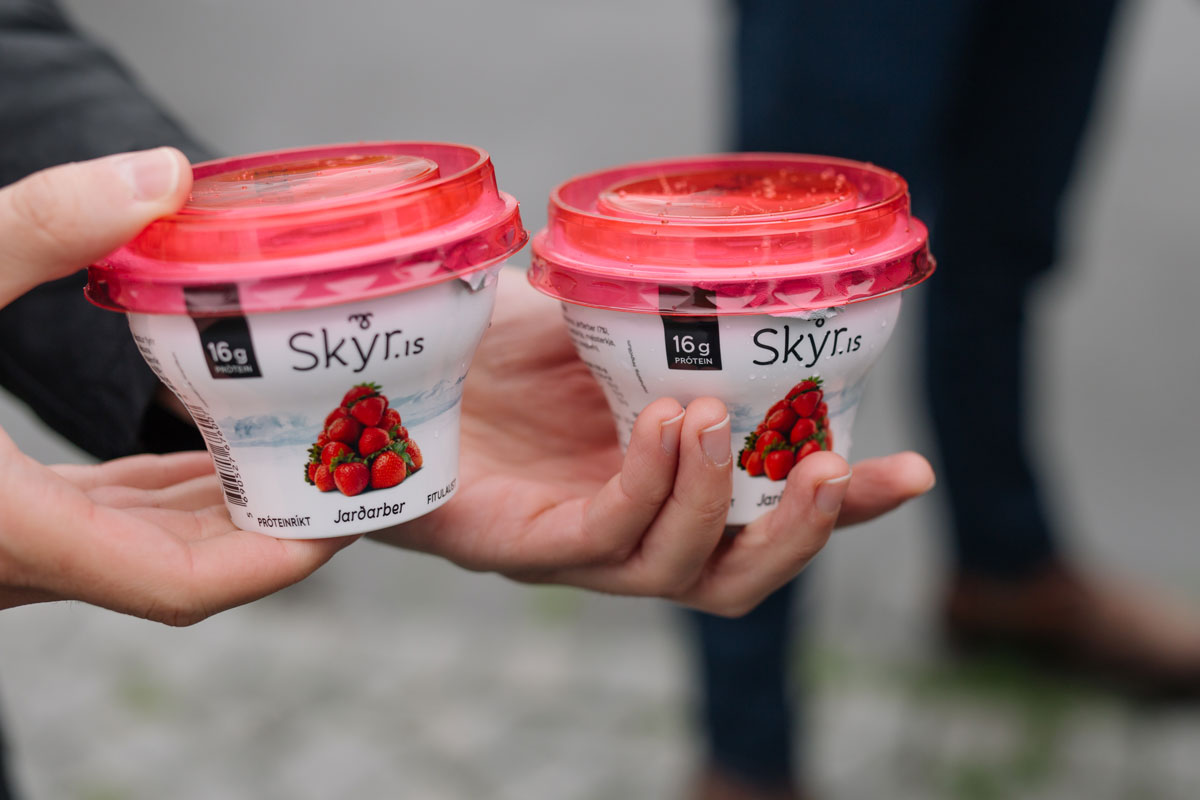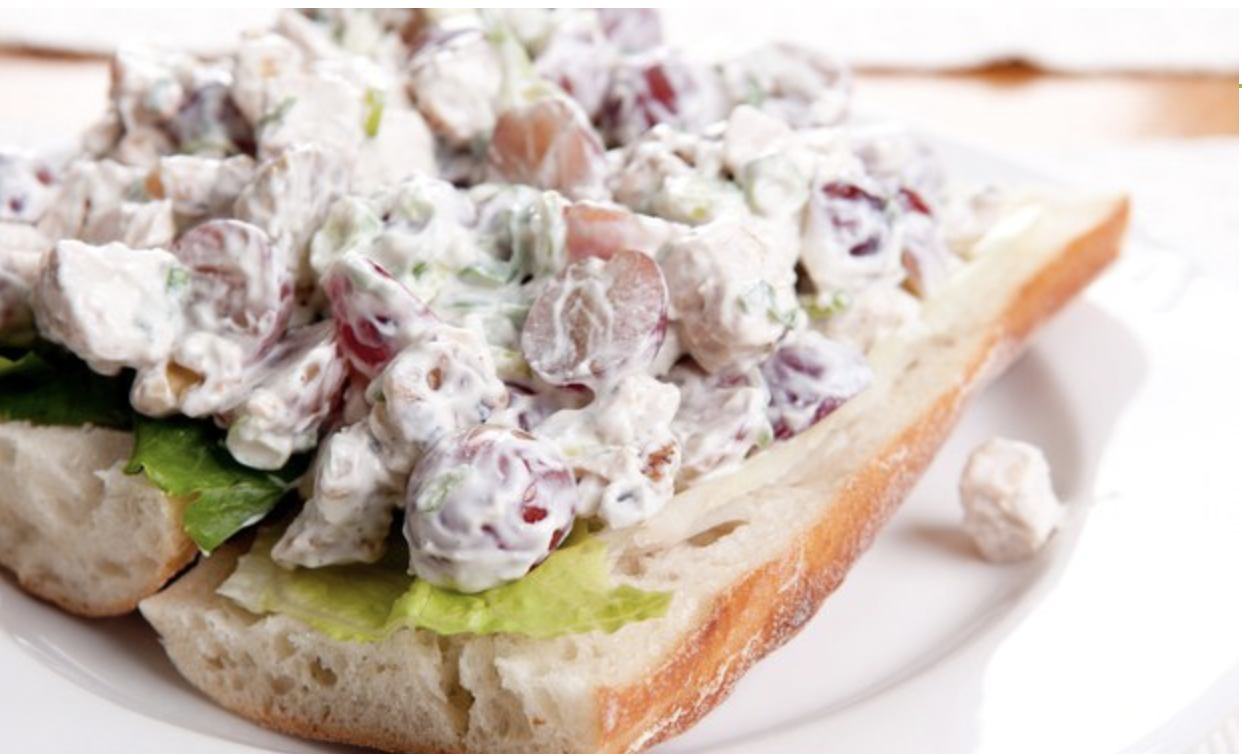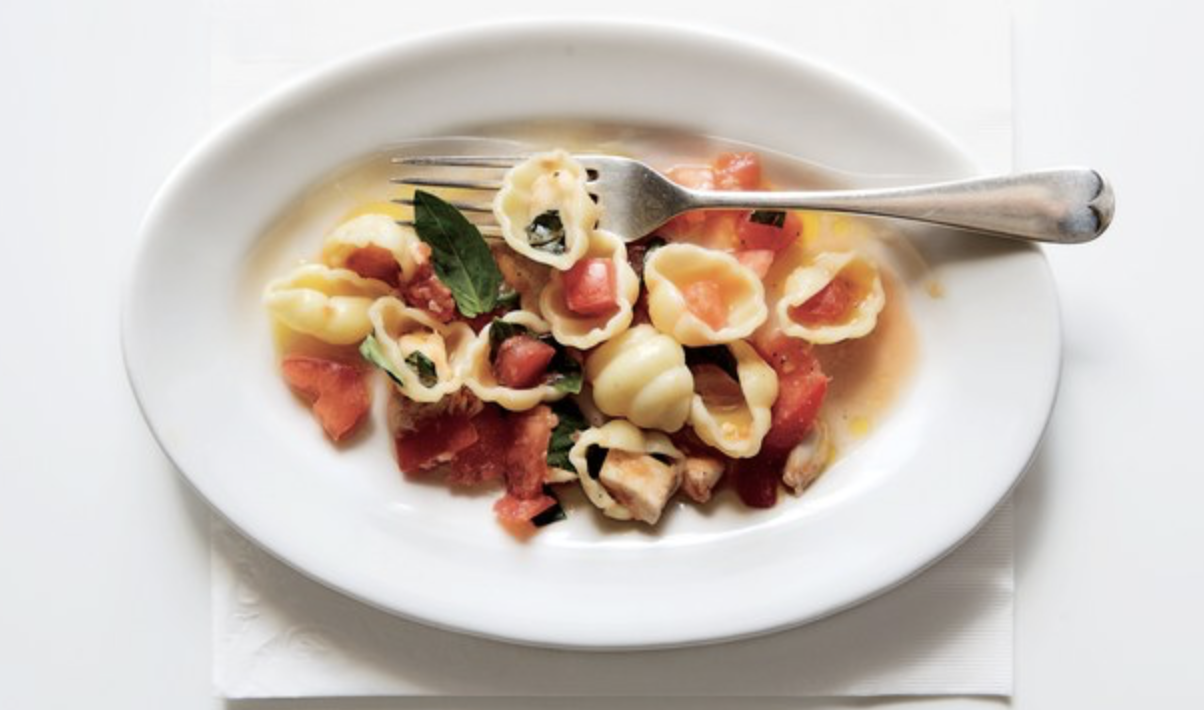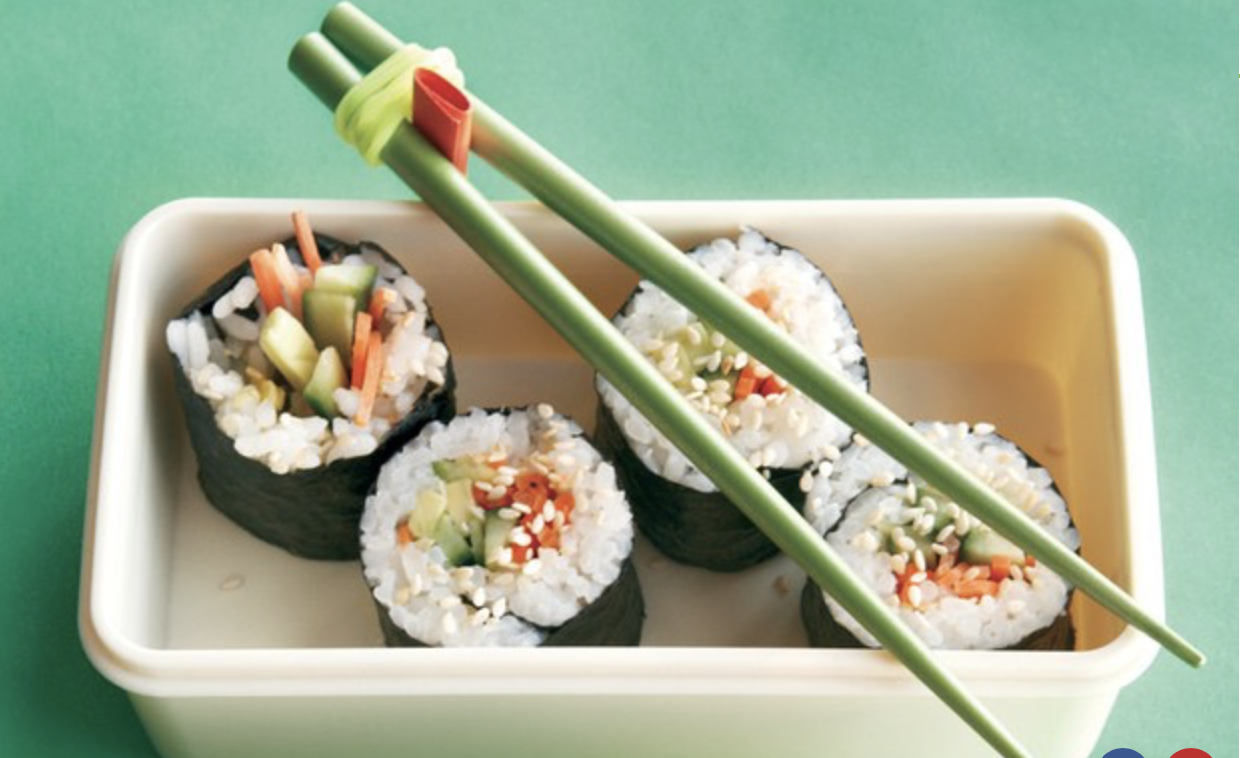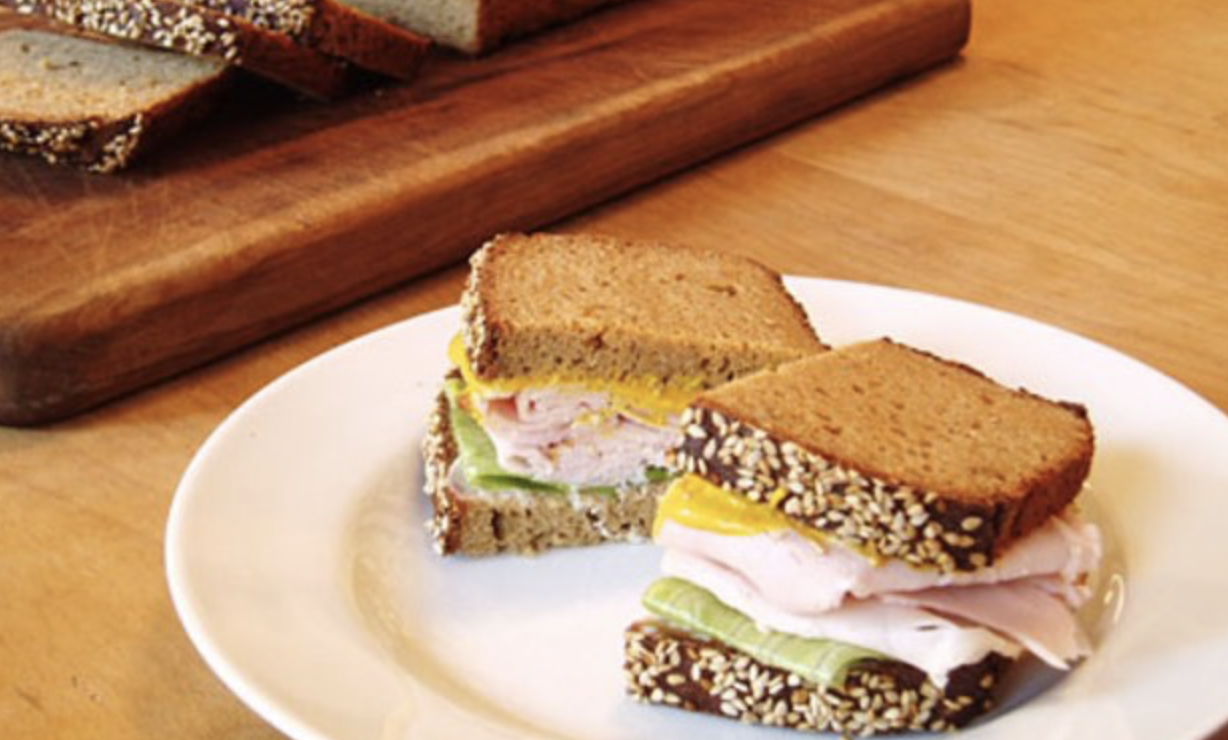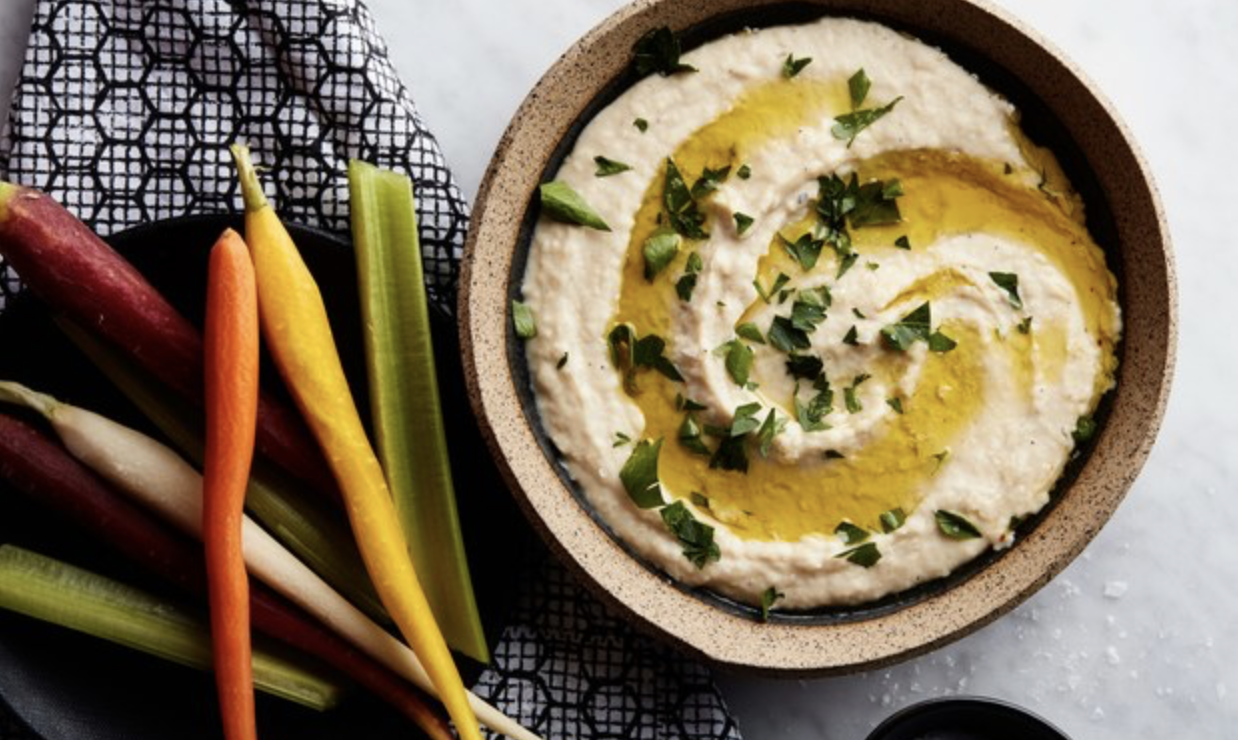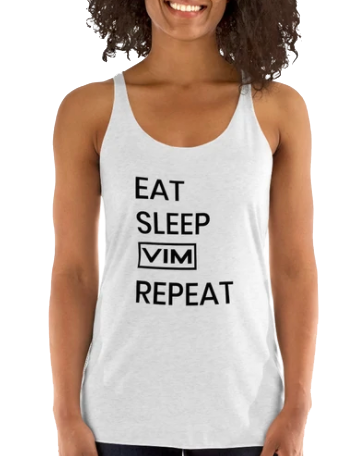There’s a large number of benefits that you can experience from getting into great shape. Not only will you be more confident, but you also find that you can perform significantly better in different areas of your life.
As we all know, though, proper training is only half the battle. In order to maximize your results, you’ll need to ensure that you keep your diet in check.
Hiring a nutrition coach is a factor that often allows people to take things to the next level. Let’s explore why you should consider working with one.
You Can Make Adjustments as You Go
One of the primary benefits of working with a nutrition coach is the ability to make necessary adjustments as you go. For example, it’s not uncommon for someone to lose less weight than they anticipated.
In some cases, they could even lose more weight than they expected to within a given period of time.
In these scenarios, your coach will help you make the required changes to help keep you on track. Otherwise, you risk being unable to reach your goals. This is particularly important for those who compete in athletic events that require athletes to stay within a certain weight class.
Wrestling, for example, is notoriously strict when it comes to making weight. So, keep this in mind when determining whether or not working with the coach is right for you.
They Will Hold You Accountable
Interestingly, far more people have trouble sticking to their nutrition plan as opposed to their workout regimen. This is likely due to the fact that working out is an engaging activity that provides results based on what you do.
Dieting, on the other hand, provides the majority of its results based on what you don’t do. To elaborate, it’s much harder to avoid eating foods you enjoy, drinking alcohol, or missing meals than it is to go to the gym or a training session.
Since your nutrition coach wants you to get the best results possible, they will hold you accountable for your behavior. Out of respect for your coach, it’s also essential that you listen to the suggestions that they make.
You Can Track Your Progress
Part of your coach’s job is to track your progress. Not only will this ensure that you reach your goals, but it will also help them showcase their talents to other potential clients. But, having somebody else track your progress is essential when it comes to staying focused.
When somebody looks at themselves in the mirror every day, it can be difficult to notice changes to their physique. Even after months, they may not feel like they look that much different than before.
Your coach will keep a log of certain metrics, such as the weight you lift, your times on certain exercises, etc. They may also have you send them progress photos each week that they will compile at a later date.
Professional-Level Results
More likely than not, you won’t be able to achieve the same results on your own as you could through working with a professional. Nutrition coaches not only have a vast amount of knowledge of their craft, but they also have a significant amount of experience in working with people in your situation.
A well-established nutrition coach has likely dealt with hundreds of individuals who have a similar body composition, goals, etc. For this reason alone, those who are serious about making changes to their diet or physique choose to work with a professional so that they can achieve the best results.
While it’s not impossible to do so without a coach, it will likely be far more difficult.
Personalization
Everybody’s body is different. This is true even for those who are of the same weight and height.
For example, someone who is 6’1” and 190 pounds could look drastically different than somebody else with the same exact stats. So, your personal needs will differ from those of others.
To elaborate, you might benefit more from a nutrition plan that includes a low amount of carbohydrates in a high amount of unsaturated fat. Or, the inverse could be true.
Whatever your needs are, the coach you hire will be able to assess them and create a plan that is ideal for you. This eliminates the need for implementing a large amount of trial and error, something that you would likely have to do on your own.
Motivation
It’s not uncommon for someone to wake up one day and feel entirely demotivated. You might not have seen the progress you wanted to yet, or you may simply be tired of adhering to a certain lifestyle.
Regardless of why you feel this way, it can be difficult to push forward if you don’t have somebody else restoring this motivation.
If you attempt to follow your own nutrition plan without the help of anybody else, you may find yourself giving up. But, your nutrition coach will be there during these moments and will remind you why you started your journey in the first place. They also provide you with plenty of motivation to continue your progress.
Working With a Nutrition Coach to Be Game-Changing
So, it’s essential that you keep the above benefits in mind. From here, you’ll be able to find a nutrition coach who can fulfill all of your needs.
Want to learn more about how we can help? Feel free to reach out to us today to see what we can do for you.


